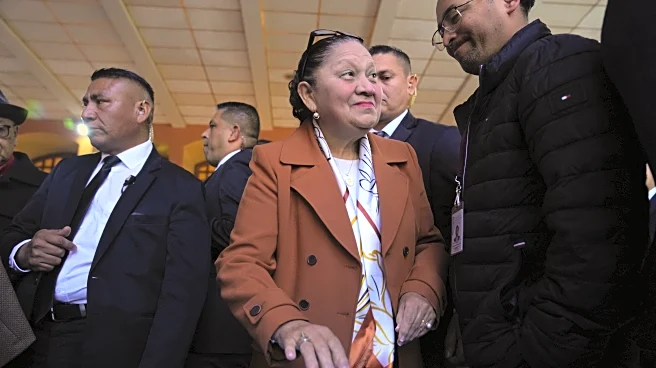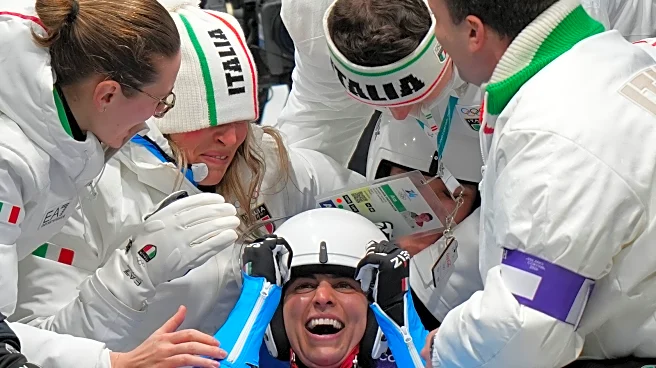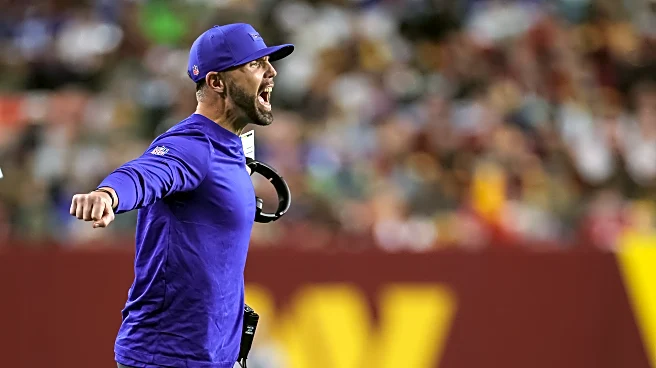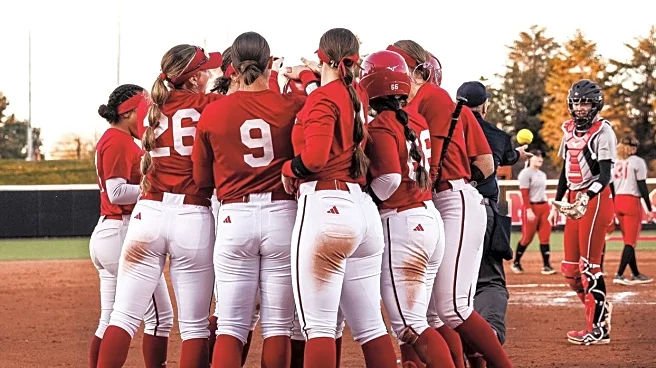Rapid Read • 8 min read
Colin Clark, brother of Indiana Fever star Caitlin Clark, has publicly criticized WNBA referees following an injury Caitlin sustained during a game against the Connecticut Sun. Caitlin Clark, a two-time All-Star, left the game in tears after suffering an injury in the final minute. Colin Clark attributed the injury to the physical nature of the game, which he believes was not adequately managed by the referees. His comments were made on social media but were later deleted. The incident has highlighted ongoing concerns about officiating in the WNBA, with Fever head coach Stephanie White acknowledging the increased physicality in the league.
AD
The criticism from Colin Clark underscores ongoing concerns about the level of physicality in the WNBA and the role of referees in managing it. This issue is significant as it affects player safety and the overall integrity of the game. Increased physicality can lead to more injuries, impacting team performance and player careers. The scrutiny on referees may lead to changes in officiating standards or training, aiming to protect players and ensure fair play. Stakeholders, including players, coaches, and league officials, may need to address these concerns to maintain the league's reputation and player welfare.
The WNBA may face pressure to review and possibly revise its officiating standards to address concerns about physicality and player safety. Discussions among league officials, coaches, and players could lead to changes in how games are officiated. Caitlin Clark's recovery and return to play will be closely watched, as will any further statements or actions from her family or team regarding officiating. The league's response to these criticisms could influence future policies and the perception of the WNBA's commitment to player safety.
The incident raises broader questions about the balance between competitive play and player safety in professional sports. It highlights the ethical responsibility of sports leagues to protect their athletes while maintaining the integrity of the game. Long-term, this could lead to cultural shifts in how physicality is perceived and managed in women's sports, potentially influencing training, coaching, and officiating practices.
AD
More Stories You Might Enjoy












